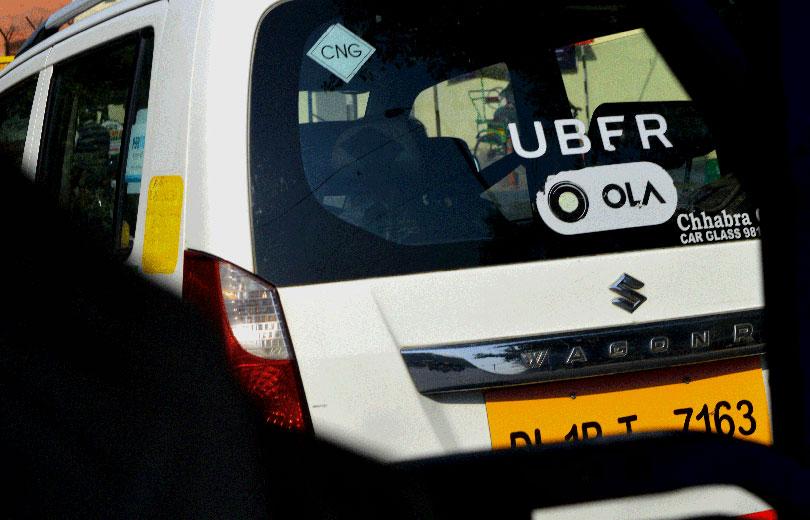Fifteen of the world’s leading tech-enabled transportation services companies, including Indian cab aggregator Ola and its US-based rival Uber, have signed the ‘Shared Mobility Principles for Livable Cities,’ a media statement said.
Other firms that also signed up include Chinese taxi hailing major Didi Chuxing, French carpooling company BlaBlaCar, Chinese bike sharing firms Ofo and Mobikes. By signing the pledge, the companies have committed to lower emissions, adopt an equitable approach and prioritise people over vehicles, the statement added.
The other principles include shared and efficient use of vehicles, lanes, curbs, and land; active engagement with various stakeholders; transition towards a zero-emission future and renewable energy; fair user fees across all models; public benefits via open data; integration and seamless connectivity; and supporting shared fleets in dense urban areas.
The coming together of these companies, which in recent years disrupted the transportation models across the world, hold significance as they together account for 77 million passenger trips per day and inform the travel decisions of 10 million people each day. The fast adoption of these new-age services means these numbers are poised to increase substantially in the coming years.
“Our goal is to align cities, the private sector and civil society around a shared vision to ensure we harness the good and avoid the bad of new business models and technologies. These companies represent some of the biggest players and we are thrilled to see we share common goals, like a commitment to zero-emission vehicles and efficient use of urban roads," said Robin Chase, co-founder of Zipcar, who played the main role in developing these principles.
Chase, a transportation entrepreneur, who co-founded the American self-drive car rental company Zipcar, also co-founded peer-to-peer cars sharing company Drivy.
How far the joint vision would translate into a positive impact on the environment, economy and people in terms of action remains to be seen. It has indeed been warmly welcomed by various signatory organisations. “We strongly believe that the future of mobility is shared, connected, and electric," Ola said in the statement. The cab-hailing firm is planning to launch a large electric car fleet and introduced its bicycle sharing service in November last year.
One of the signatories, the Chinese bicycle sharing firm Ofo, entered the Indian market in December last year.
Keolis, LimeBike, Lyft, Motivate, Scoot Networks, Transit, Via and Zipcar are the other signatories. Lyft, the Silicon Valley-based ride-sharing company has investments from India’s Tata-owned premium car company UK-based Jaguar Land Rover.
“At Uber, we believe the goal of reducing private car ownership is one we share with people and cities around the world. On its own, technology is not a solution for urban problems. But done right—and in partnership with others—we believe shared mobility has the potential to contribute to a better world for all," said Andrew Salzberg, head of transportation policy and research, Uber.
Interestingly, the joint vision was announced at a time when some of the largest companies in the shared mobility space across the world witnessed common shareholding, collaboration and some degree of consolidation. With its latest investment into Uber, Japanese investment giant SoftBank is the single largest shareholder in Uber, Didi Chuxing and Ola. In 2016, Didi Chuxing and Uber joined forces in China, where the latter has a 20% stake in the local Chinese firm.
The principles were developed by Chase and a consortium of leading city and transport organisations including, the C40 Cities Climate Leadership Group, ICLEI – Local Governments for Sustainability, Institute for Transportation and Development Policy, Natural Resources Defense Council, Partnership on Sustainable Low Carbon Transport (SLoCaT), Transportation for America (T4America), Rocky Mountain Institute, Shared-Use Mobility Center, and WRI Ross Center for Sustainable Cities.






